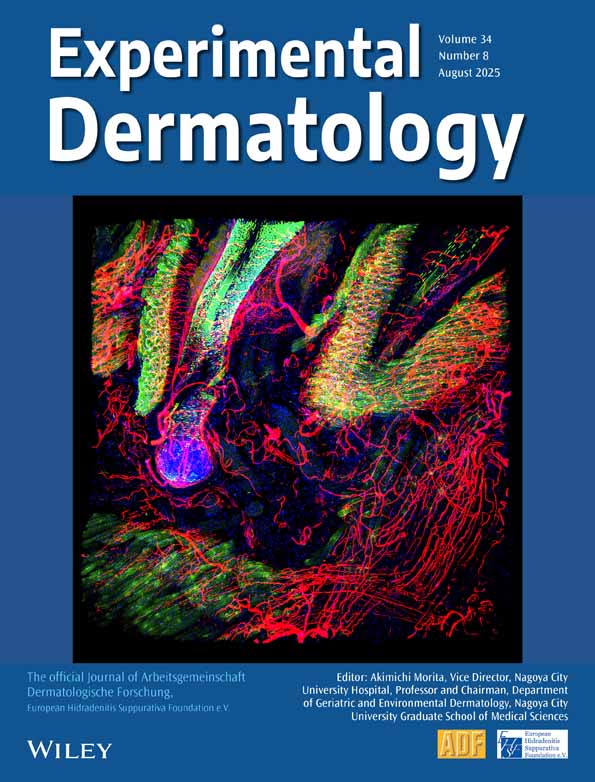The role of neuropeptides and neuropeptide-degrading enzymes in wound healing
Abstract
Thirty to 40% of diabetic patients develop sensory neuropathy. Neuropathy is a major causal factor in diabetic ulcers. Only 31% of neuropathic diabetic ulcers heal in 20 weeks. Patients with neuropathy have a 15.5-fold excess risk of amputation. Diabetic patients with neuropathy particularly lose epidermal and papillary dermal sensory nerves which release neuropeptides such as substance P (SP). Neutral endopeptidase (NEP), the enzyme that degrades SP, is dramatically over expressed in patients with diabetic neuropathy. SP has positive effect on wound healing. Treatment strategies related to the nervous system for prevention and treatment of diabetic ulcers currently being studied include prevention of neuropathy with tight control of blood glucose, application of neuropeptides, nerve growth factors (NGF), and antagonists of NEP.




